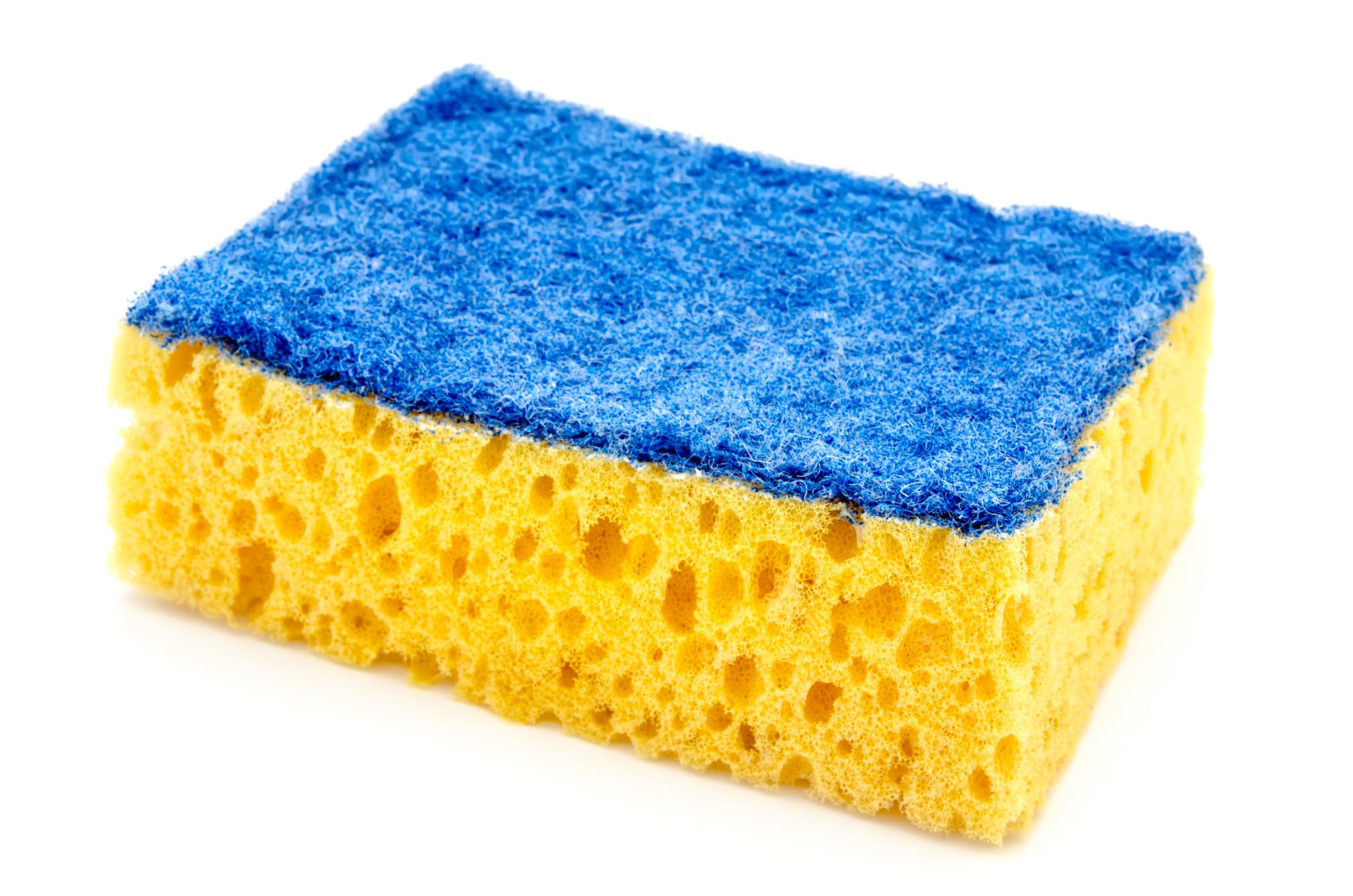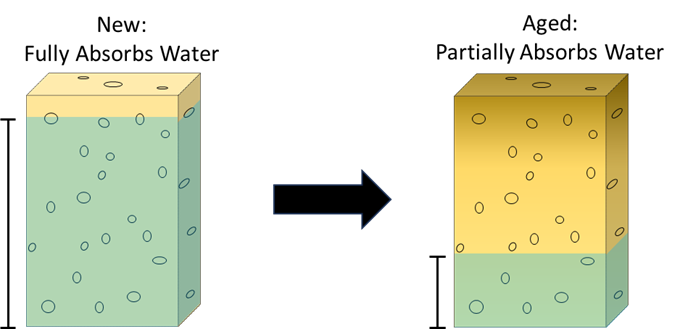
Oct 10, 2023
If you've ever wondered about the differences between the batteries in hybrid cars, this article is for you! While most hybrids currently use nickel metal hydride (NiMH) technology, an increasing number are now being fitted with lithium-ion (Li-ion) batteries. Let's dive in to understand these better.
Understanding Hybrid Battery Charging and Discharging
Think of a hybrid battery as a sponge. When the sponge is wet, it's charged. As you squeeze it and the water comes out, it discharges. Refilling the sponge with water is like recharging the battery. Just as a sponge can wear out over time and hold less water, batteries can also degrade with repeated use.
NiMH Hybrid Batteries and the “Memory Effect”
NiMH hybrid batteries can develop something known as the "memory effect." Picture a scenario where you only wet a small part of a sponge every time you use it. The rest remains dry and gradually becomes less effective. The sponge eventually "forgets" that it can hold more water.
This is somewhat similar to what happens in hybrid vehicles. As you drive, the electric motor and the regenerative braking system keep partially discharging and recharging the battery. Over time, due to these partial cycles, the battery may start to remember only this reduced capacity and not its full potential. The process of reconditioning essentially revitalizes the battery, much like loosening a stiff sponge, making it ready to absorb water fully again.

Li-ion Hybrid Batteries: A Different Story
Li-ion batteries don't suffer from this memory effect. They can be charged and discharged fully without any issues. However, they do have their own unique challenges.
- Anode Delamination: Over time and with many charging cycles, the negative side of the battery can start to break apart at a microscopic level. It's like a sponge that starts crumbling after repeated use.
- Formation of Dendrites: These are tiny fibers that can form within the battery. Think of it as mineral deposits forming inside a sponge, gradually clogging it up.
Addressing these challenges is not straightforward. Companies like A3 Global, the parent company of Hybrid Battery 911, are developing processes to identify and fix these issues. It's worth noting that some of the newer lithium iron phosphate batteries are believed to have a memory effect, though this is still under investigation.
Rebuilding Battery Packs: Our Approach
Whether it's NiMH or Li-ion batteries, rebuilding a battery pack involves a similar process but with some nuances.
For Li-ion batteries, a diagnostic system, such as NuVant System's LVc-40, assesses the health of each cell. If a cell isn't functioning well, it's recycled. But the healthy ones are reused, forming a new balanced battery pack. This is crucial, especially for Li-ion batteries which are not only hard to recycle but also due to environmental concerns tied to EVs.
In summary, while NiMH and Li-ion batteries have their own distinct characteristics and challenges, continuous advancements are being made in their maintenance and longevity. With companies like Hybrid Battery 911 at the forefront, the future of hybrid and electric vehicles looks promising!
Hybrid Battery 911 currently services a wide variety of hybrid vehicles using NiMH technology and will begin servicing Li-ion batteries in 2024. Having troubles with the hybrid battery in your vehicle? Contact us and one of our handy hybrid experts can walk you through a variety of options.

